Number Recognition Easy Numbers Worksheets for Ages 3-7
75 filtered results
-
From - To
Introduce your child to the world of numbers with our "Number Recognition Easy Numbers Worksheets for Ages 3-7." These engaging and colorful worksheets are designed to help young learners build foundational math skills while having fun. Each activity focuses on recognizing numbers, counting, and number sequence, tailored perfectly for preschool and early elementary students. With simple, clear instructions and delightful visuals, children will enjoy practicing essential math concepts. Boost your child’s confidence as they learn to identify numbers and connect them to real-life objects, making learning both exciting and effective. Get started today and watch their math skills flourish!
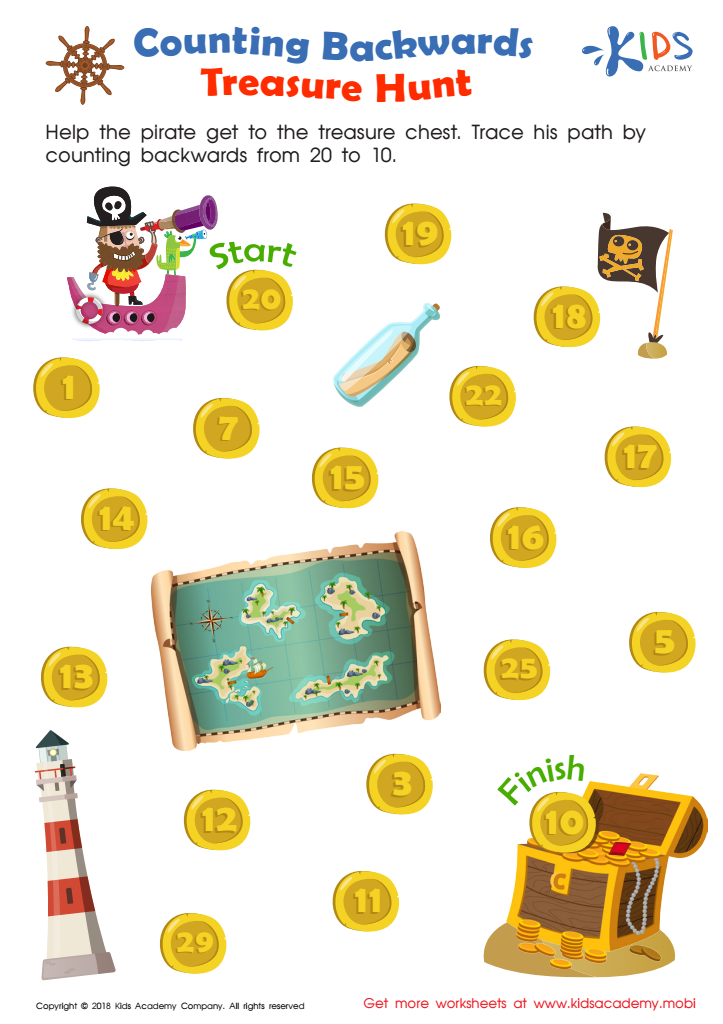

Counting Backwards: Treasure Hunt Worksheet
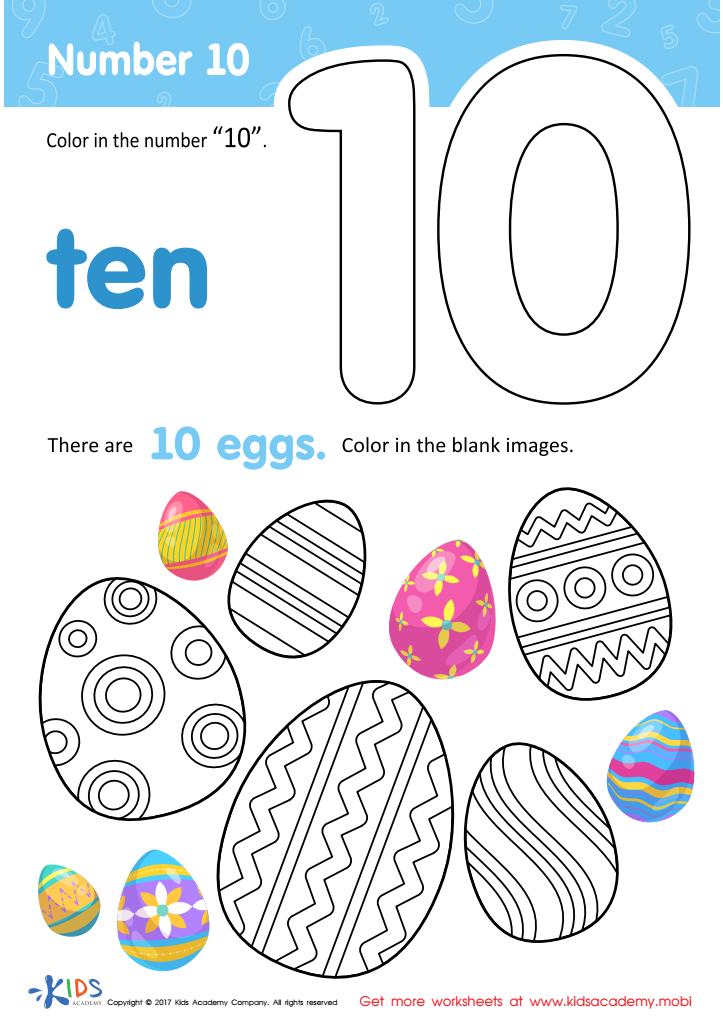

Number 10 Printable
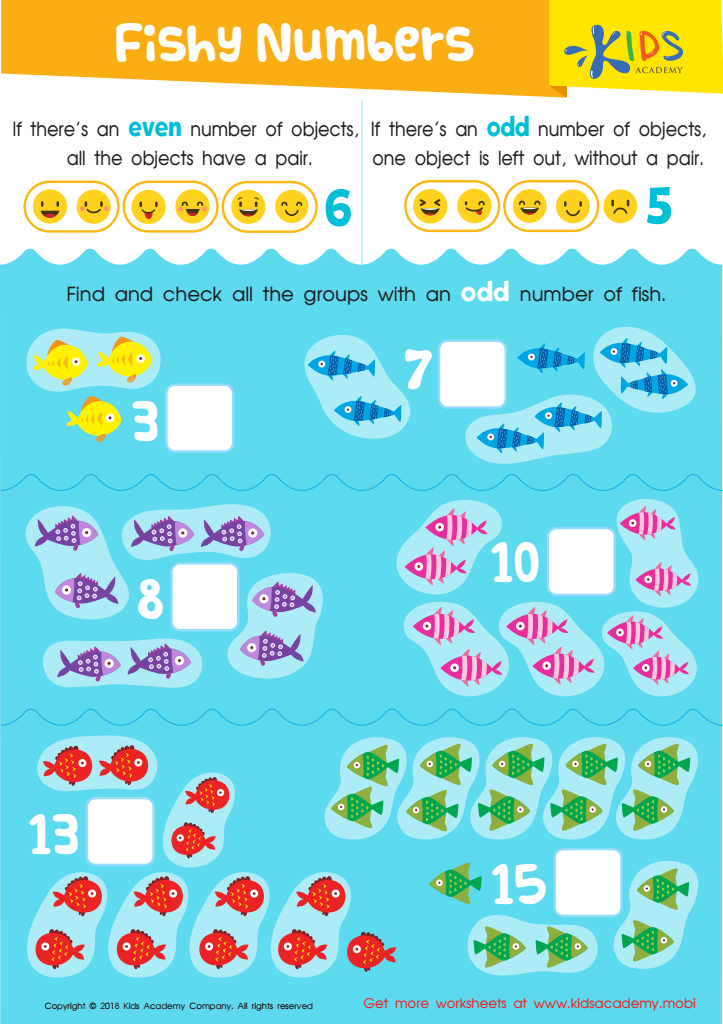

Fishy Numbers Worksheet
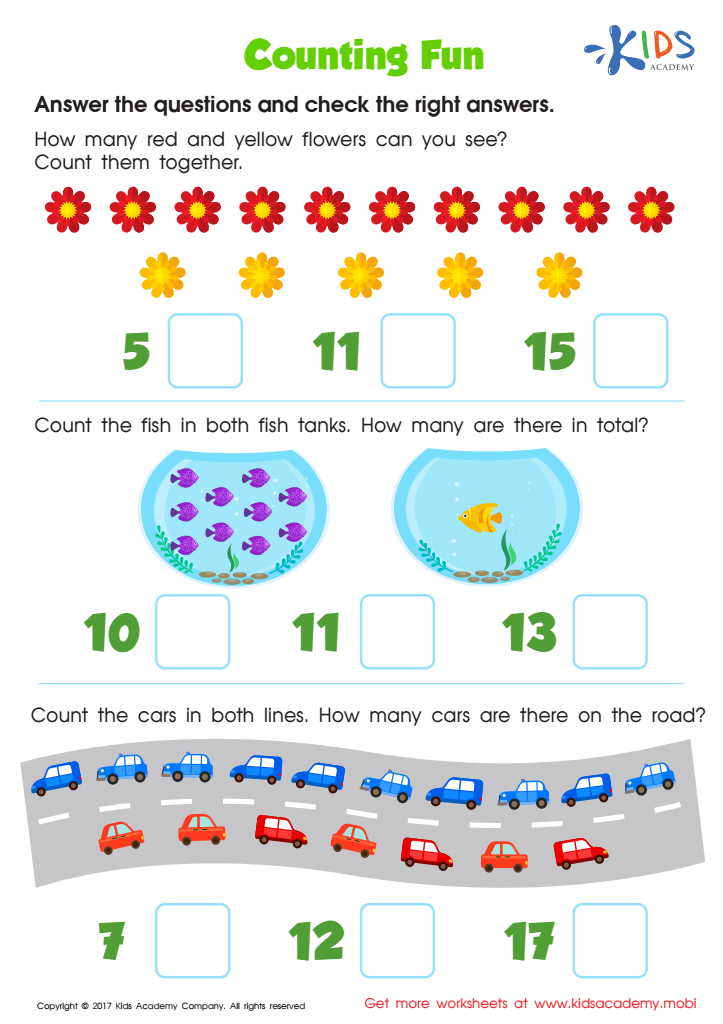

Counting Fun Worksheet
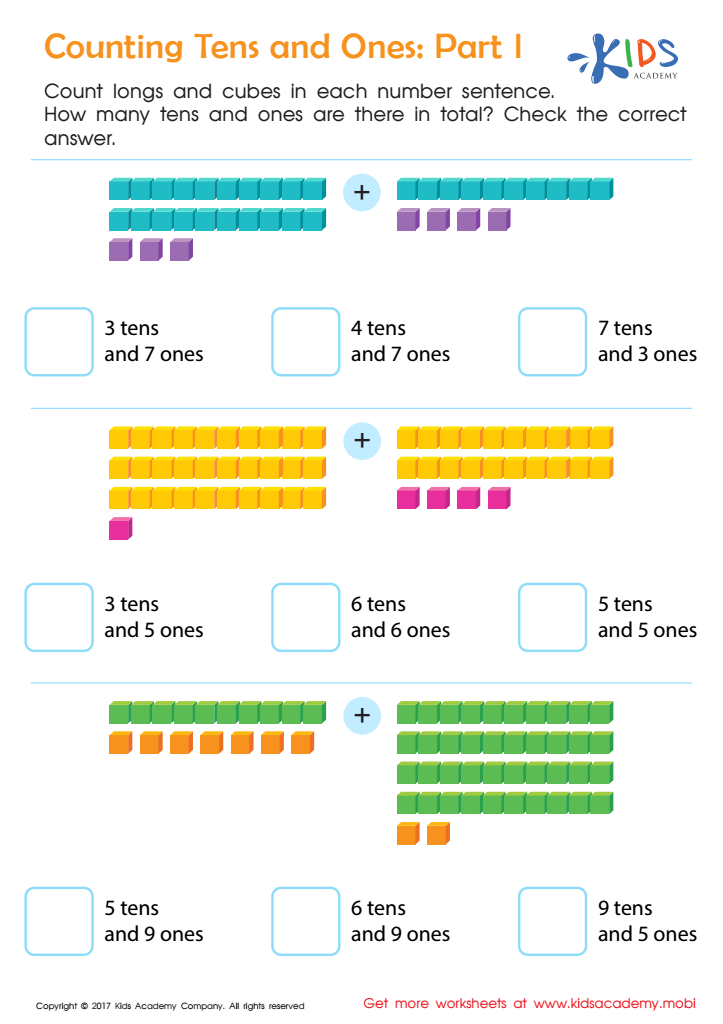

Counting Tens and Ones: Part 1 Worksheet
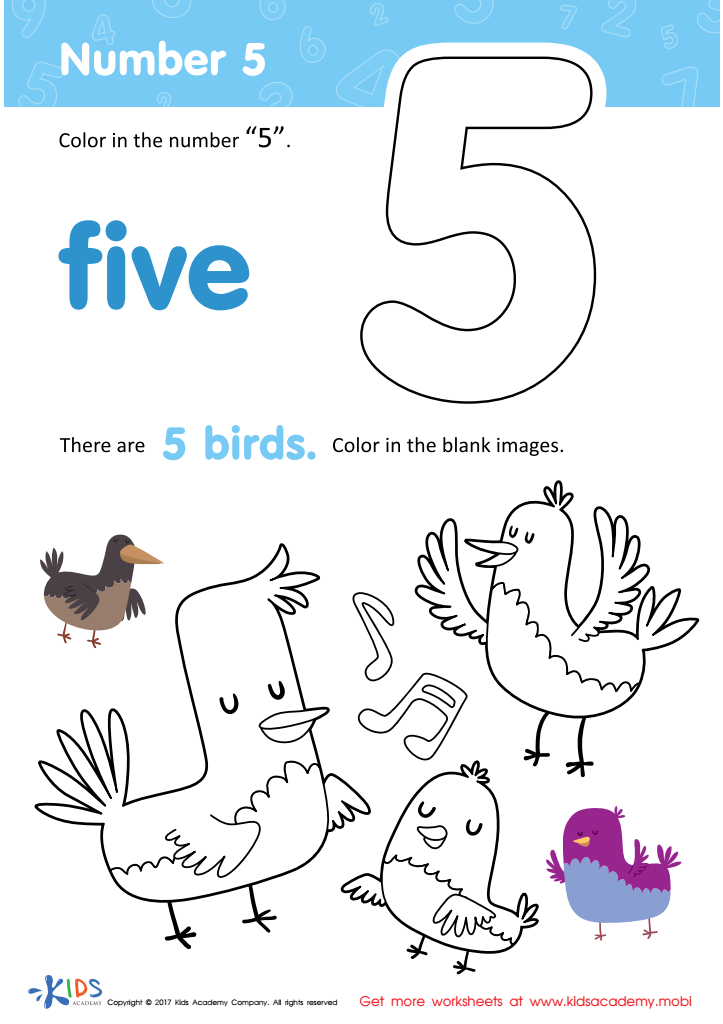

Number 5 Printable
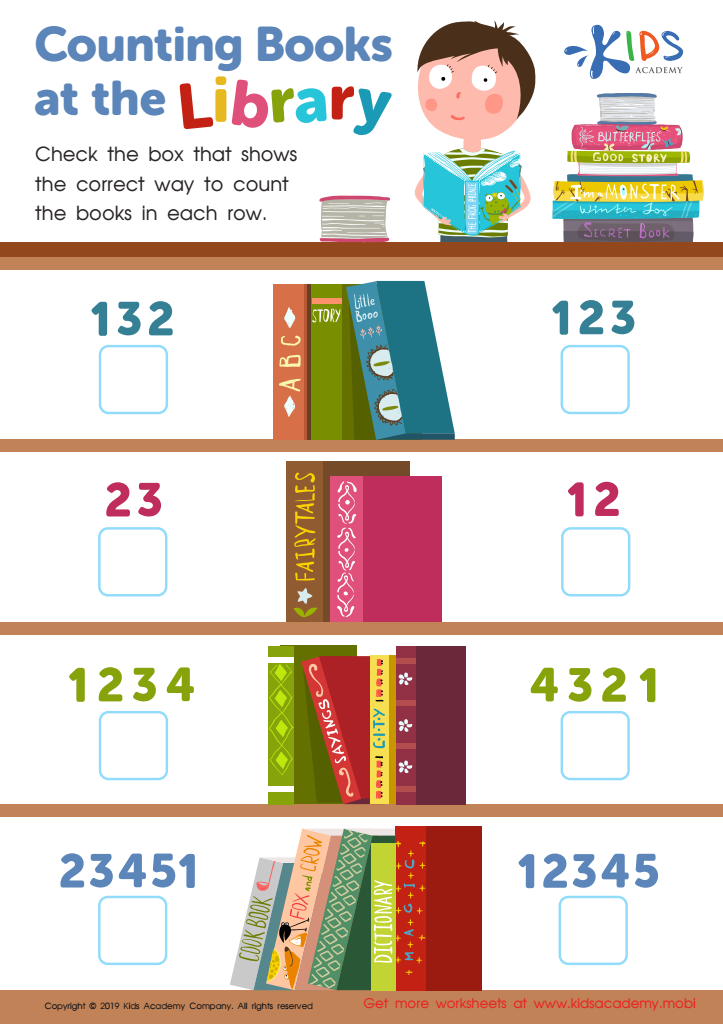

Counting Books at the Library Worksheet
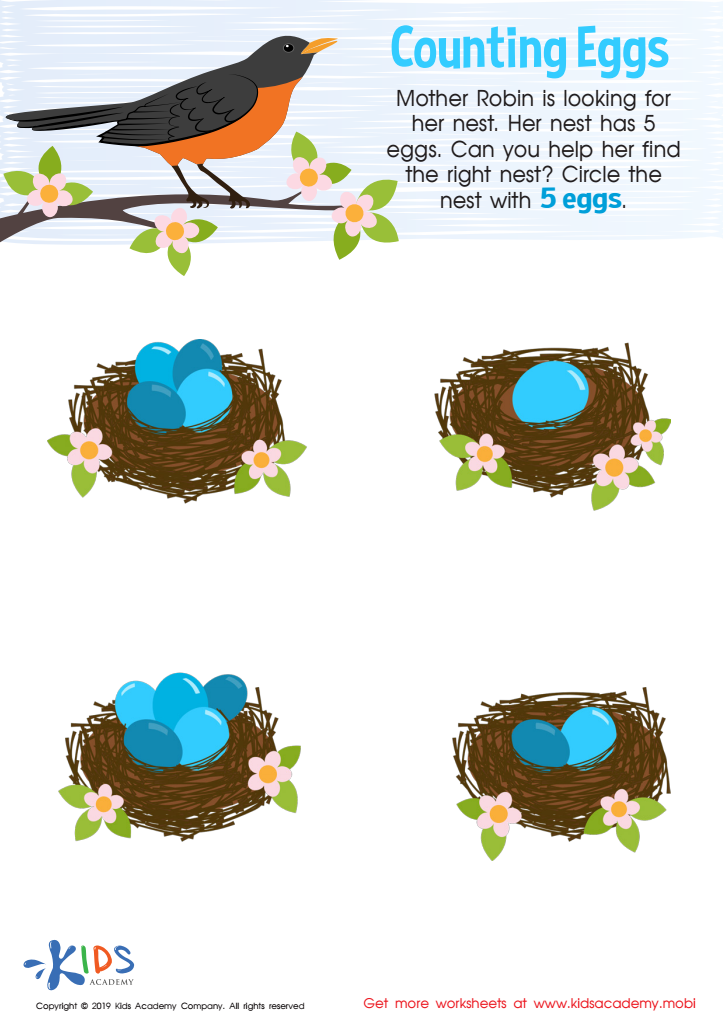

Counting Eggs Worksheet
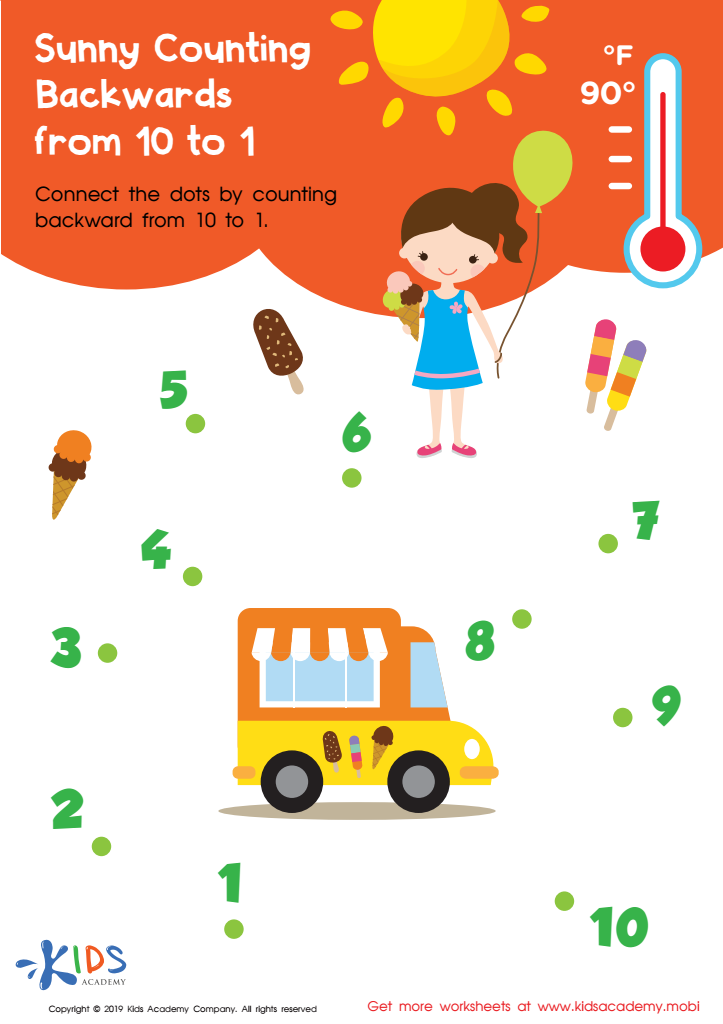

Sunny Counting Backwards from 10 to 1 Worksheet
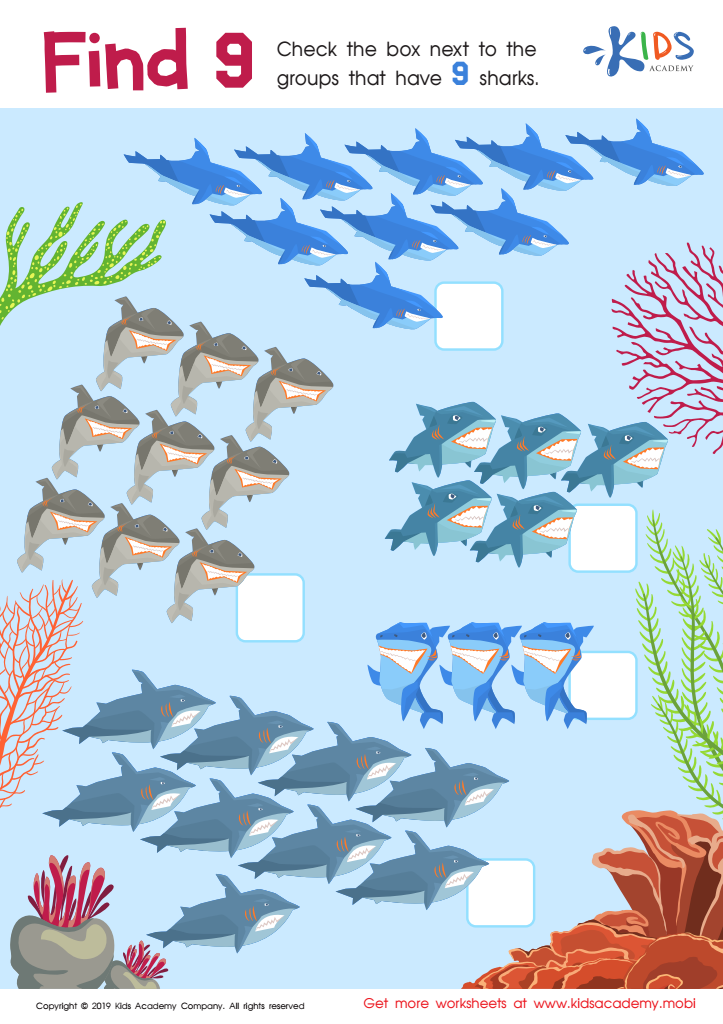

Find 9 Worksheet
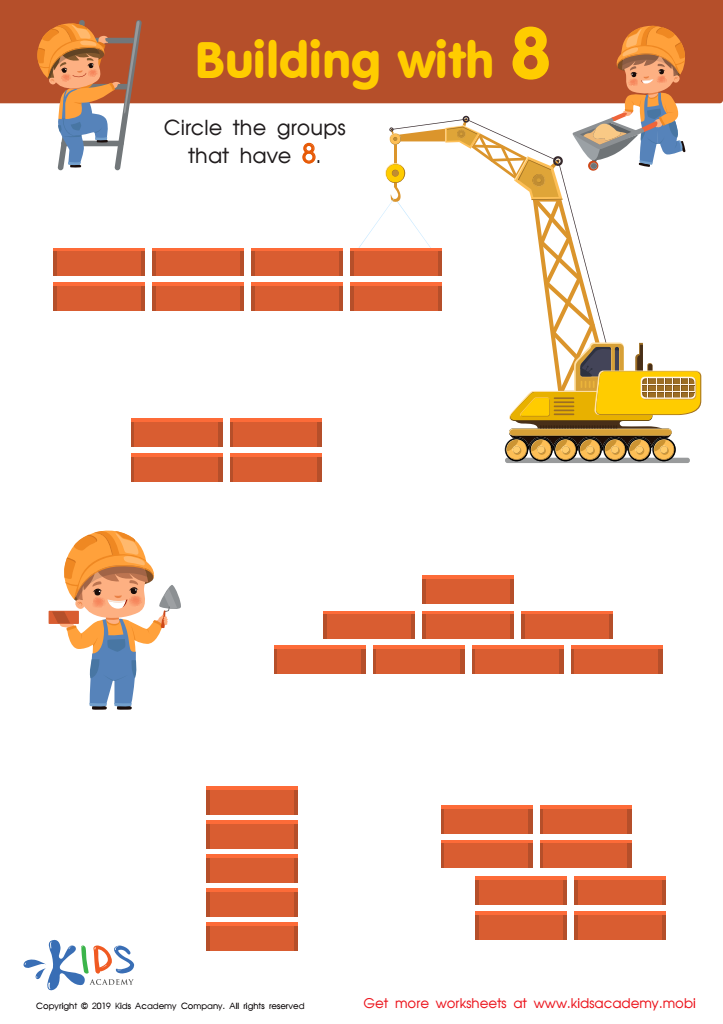

Building with 8 Worksheet
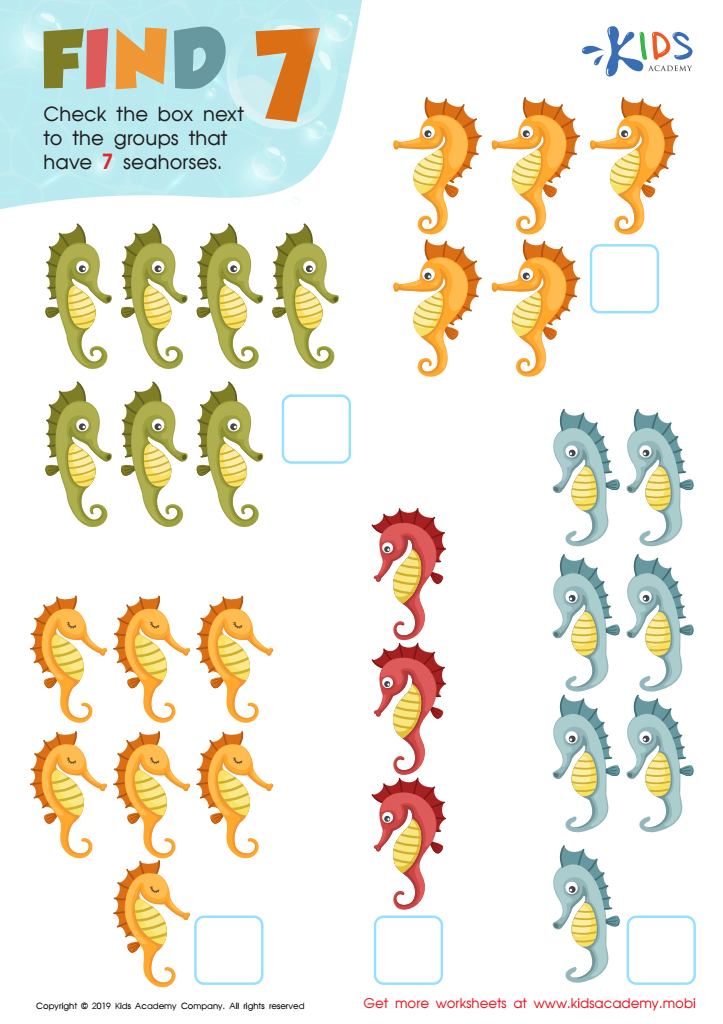

Find 7 Worksheet
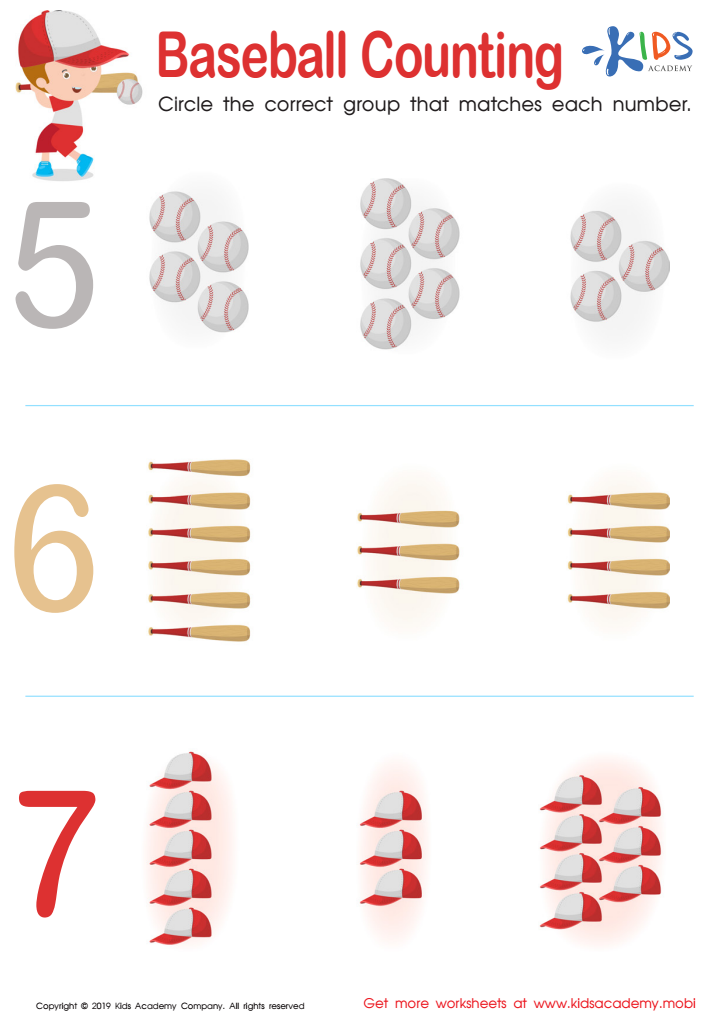

Baseball Counting Worksheet
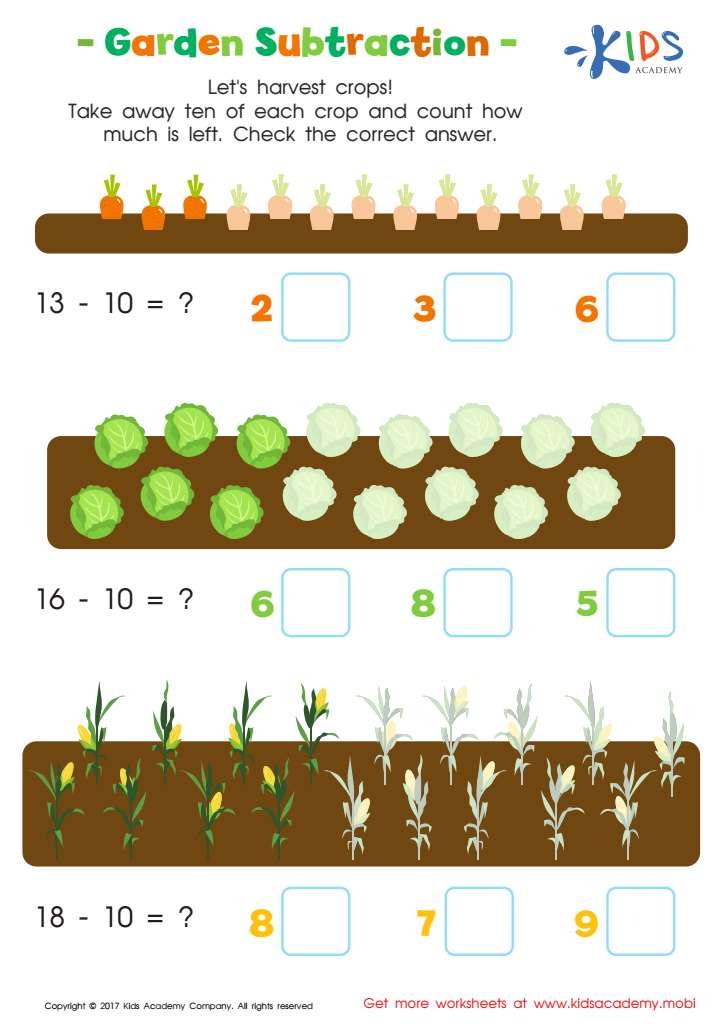

Garden Subtraction Worksheet
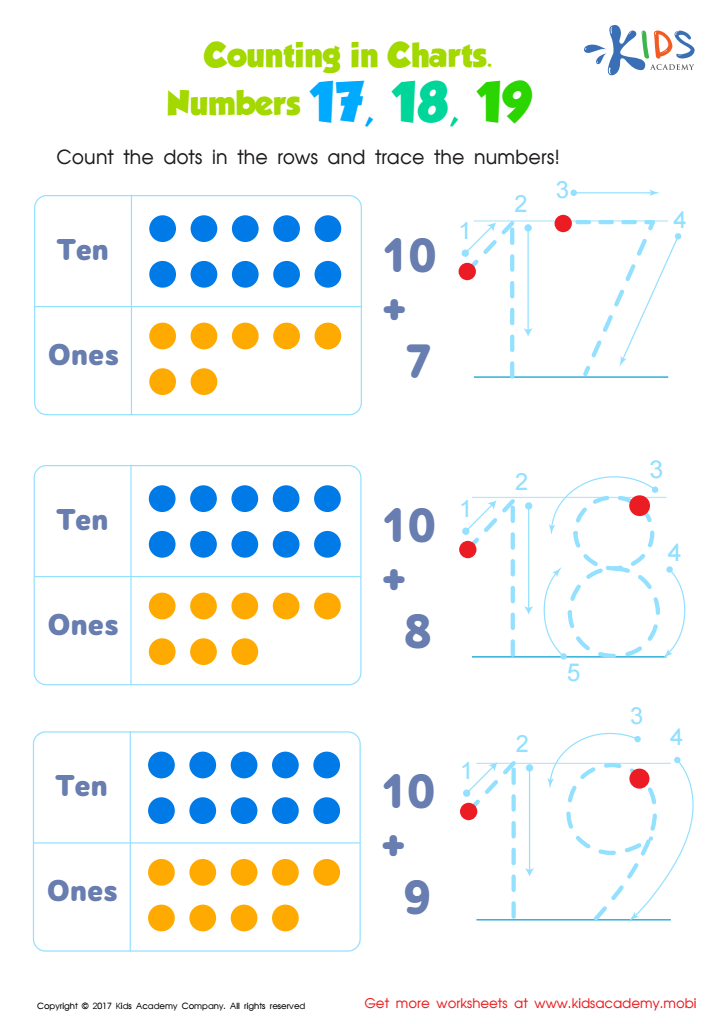

Kindergarten Number Tracing: Counting in Charts Worksheet
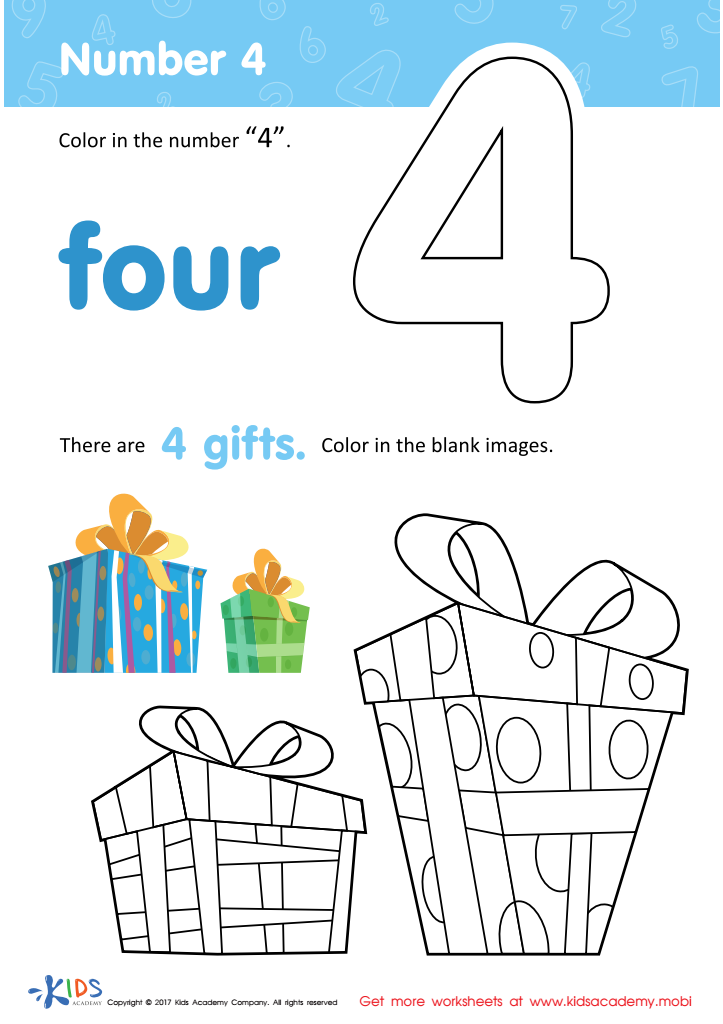

Number 4 Printable
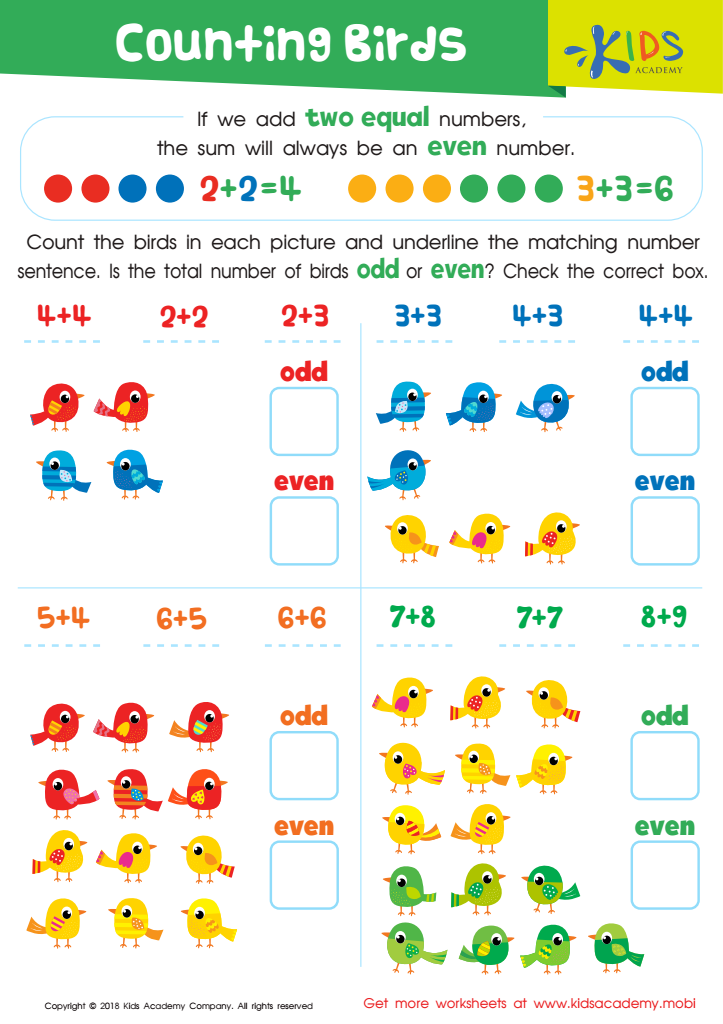

Counting Birds Worksheet
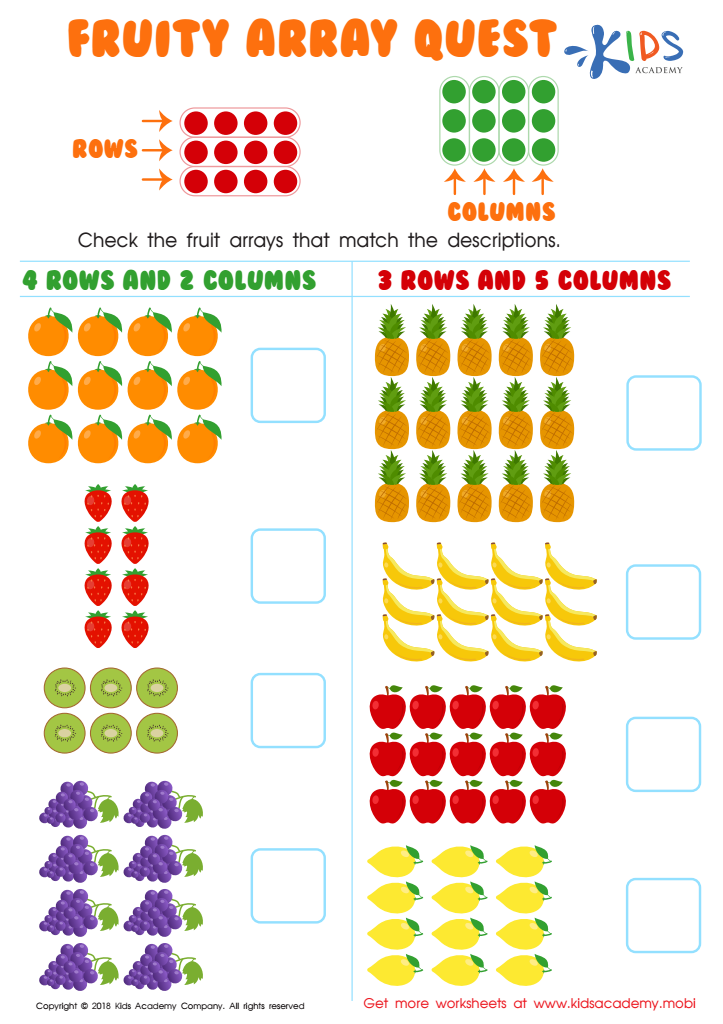

Fruity Array Quest Worksheet
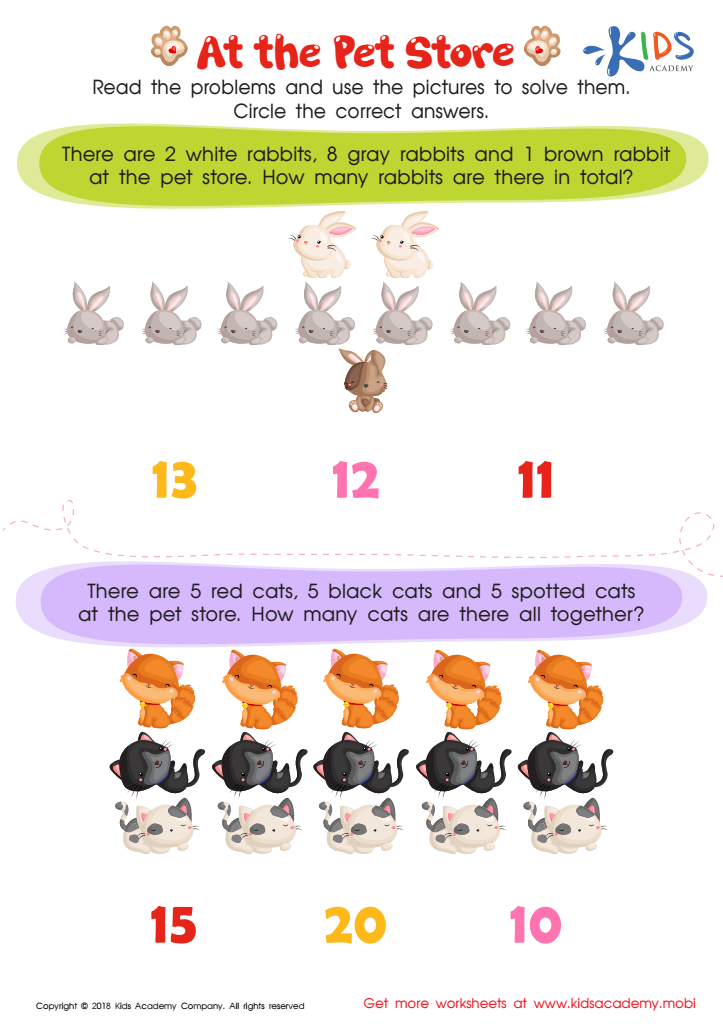

At the Pet Store Word Problems Worksheet
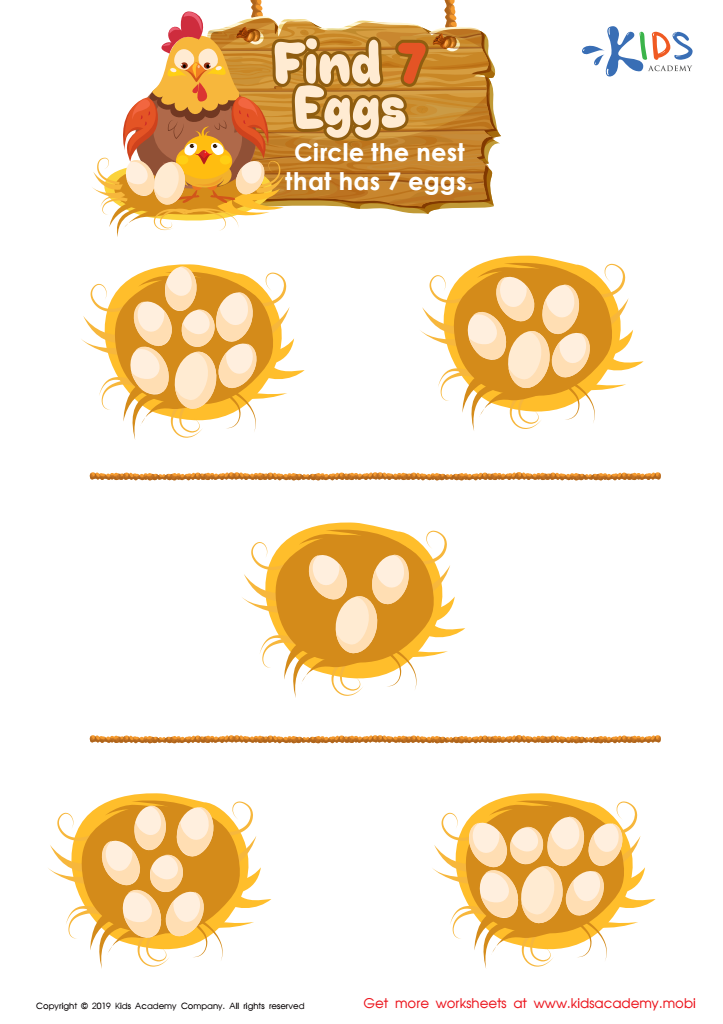

Find 7 Eggs Worksheet
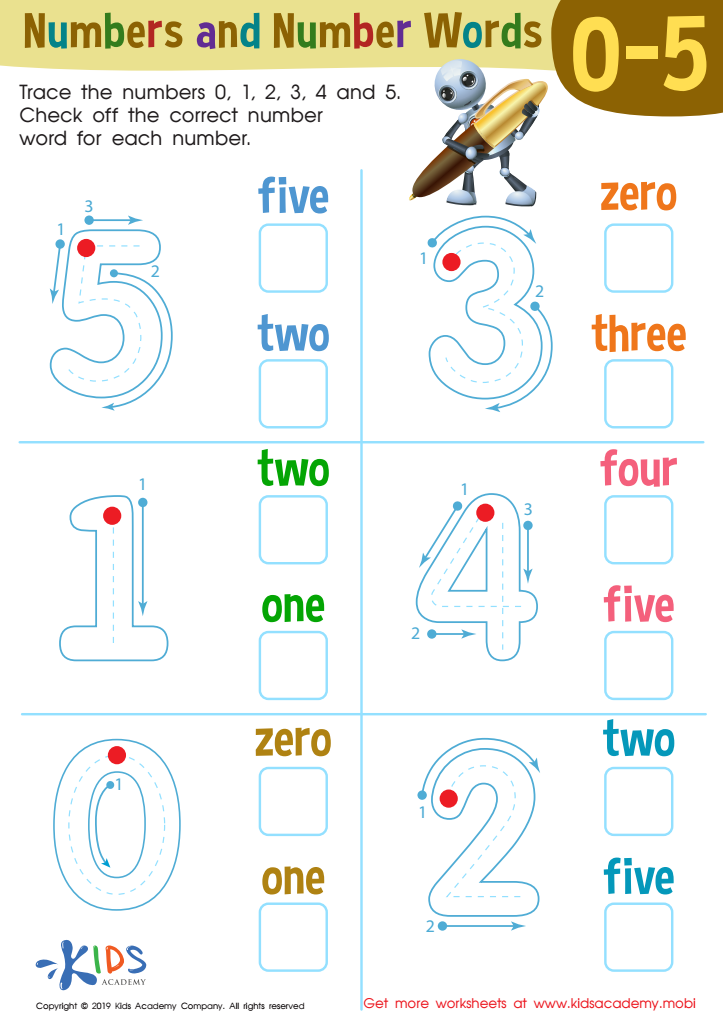

Numbers and Number Words Worksheet
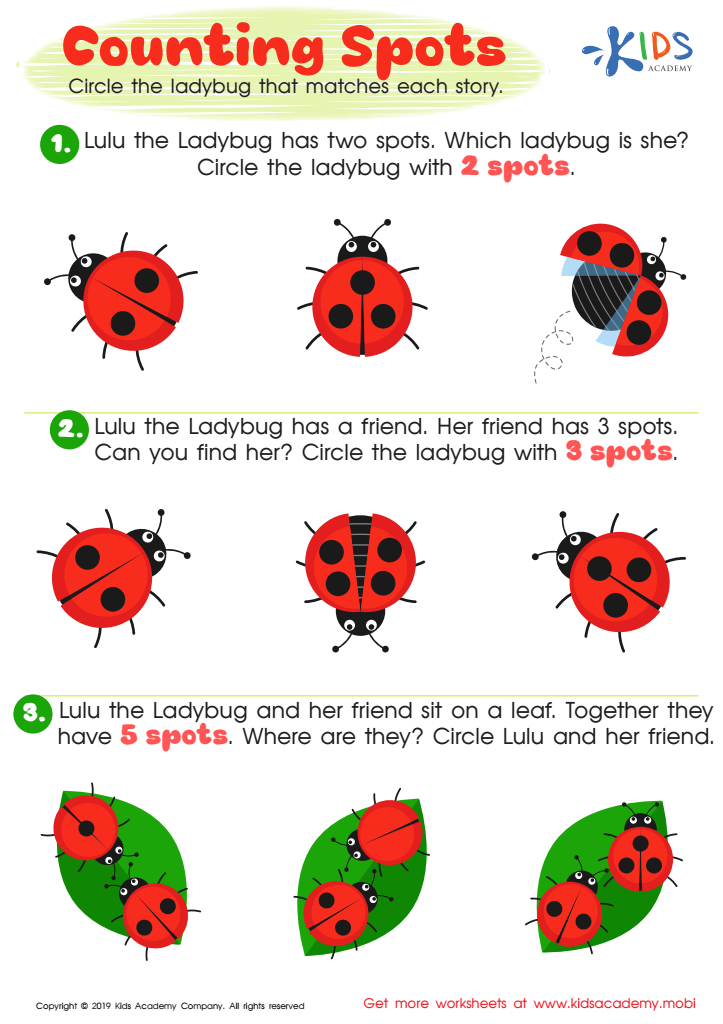

Counting Spots Worksheet
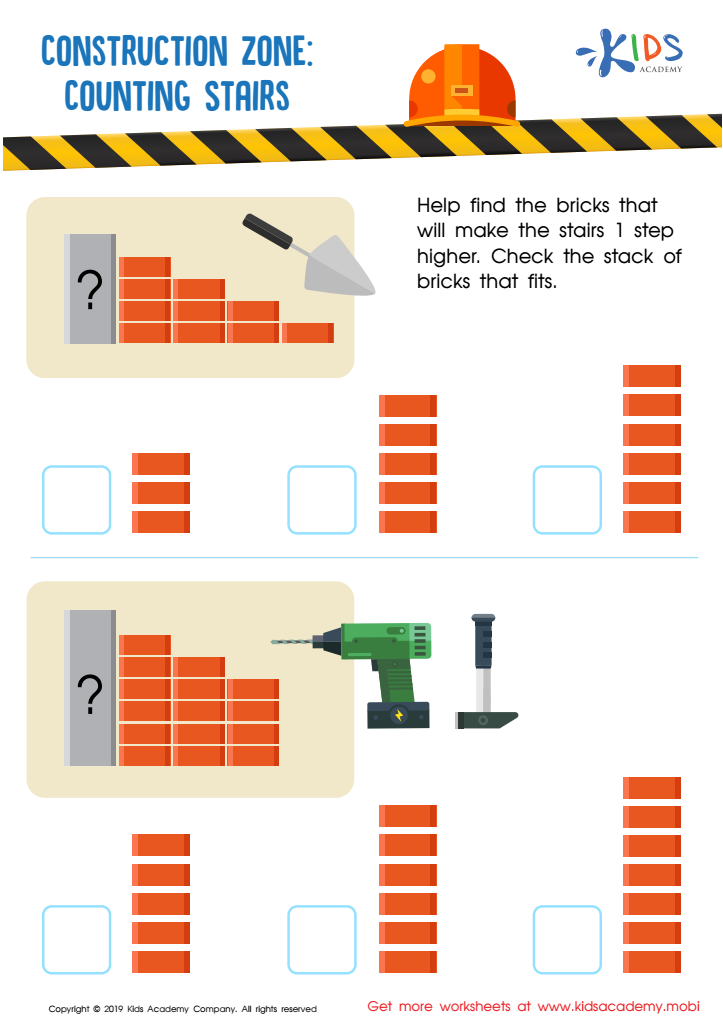

Construction Zone: Counting Stairs Worksheet
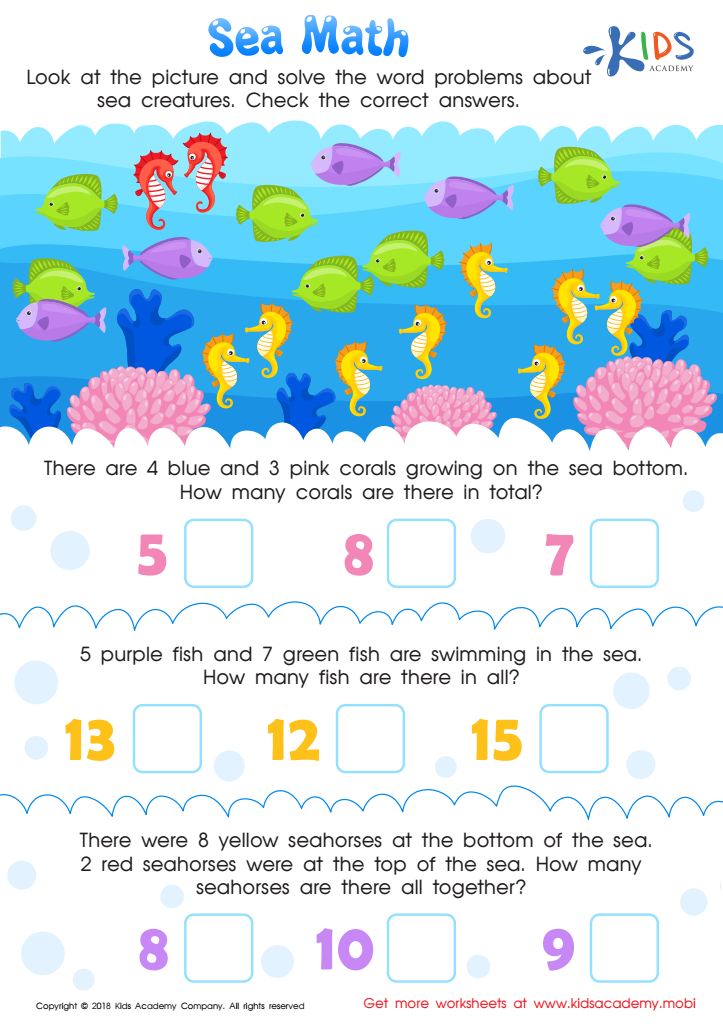

Sea Math Worksheet
Number recognition is a cornerstone for early mathematical development in children aged 3-7. This skill allows children to identify and understand numbers, which is foundational for more complex math concepts they will encounter later. When parents and teachers prioritize number recognition, they set the stage for a strong mathematical education and help foster intellectual development.
Firstly, number recognition boosts cognitive development. It encourages children to notice patterns, make comparisons, and understand relationships between quantities, which are critical thinking skills they will use in various subjects. Secondly, strong number recognition skills boost confidence and foster a positive attitude toward math. If children recognize numbers early, they are more likely to enjoy and excel in mathematics later.
Additionally, mastering number recognition helps with practical, daily activities. Whether it’s counting objects, reading a clock, or understanding simple arithmetic, these early skills provide children with the tools to navigate their environment more independently. For teachers, an early focus on number recognition can make classroom management easier, as students are better prepared to engage in structured activities and academic tasks.
In summary, prioritizing number recognition in the preschool and early primary years equips children with essential cognitive skills, confidence in mathematics, and practical abilities for everyday life. This foundational skill sets the stage for academic success and lifelong learning.

 Assign to My Students
Assign to My Students
















